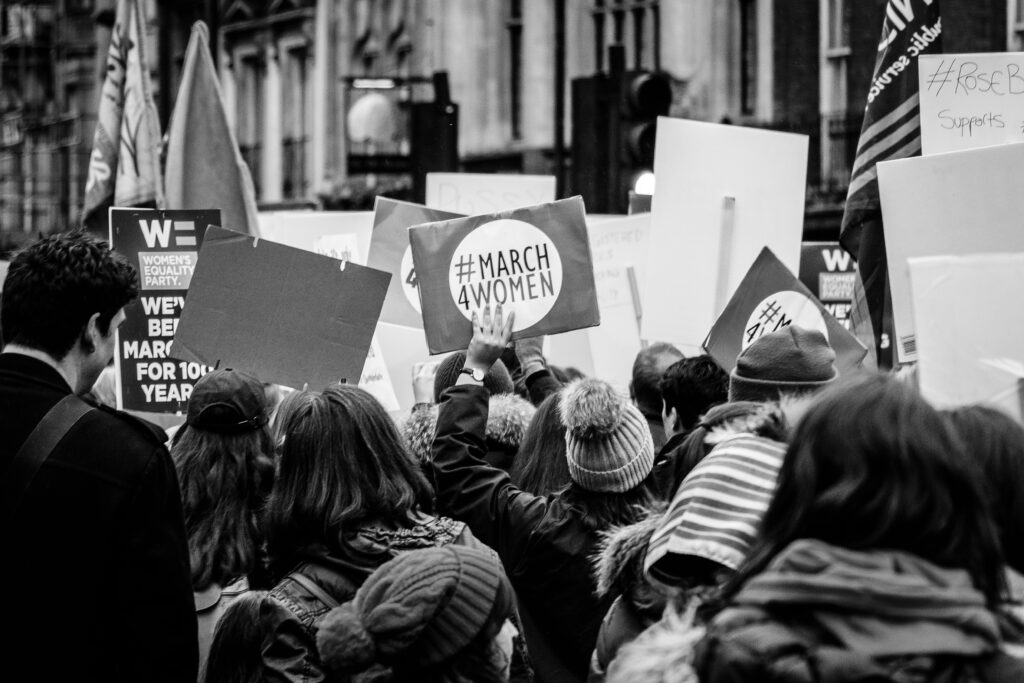
In Malta, “patriarchal views suggesting that women are less fit to lead have a significant impact on women’s ability to participate in the public and economic life of the country. Although electoral quotas were introduced in 2021, political decision-making still remains male-dominated”. This statement was made recently, in July 2023, by the UN Working Group on discrimination against women and girls visiting and assessing the situation in Malta. When discussing the issue of gender-based violence (GBV), most people think of domestic violence against women as the most explored and common form of GBV.
However, there are other manifestations of violence against women that are less known and recognized.
Violence against women in politics (VAWP) is a global phenomenon, present in Malta, too. (See Lovinmalta’s video on Maltese female politicians revealing their experience of harassment.) The VAWP term refers to the various forms of violence, harassment, and discrimination that women may face due to their gender when participating in politics. With the rise of social media and digital communication, online harassment has become a significant aspect of VAWP. Women in politics (including political office holders, women candidates, political supporters, voters, election workers, public officials, civil servants, civil society activists, media workers, and human rights defenders) may face threats, abuse, and
defamation through social media and other online platforms.
VAWP is often rooted in gender stereotypes. Women who challenge traditional gender roles by playing an active political role may face backlash from those who resist change. VAWP may include physical violence, sexual harassment, verbal abuse, online harassment, intimidation, and discrimination. These actions aim to prevent women from participating in politics and hinder them from making their voices heard. Most importantly, the presence of this type of violence is a significant barrier to women’s participation in politics; it contributes to a gender gap in political representation and consequently undermines democracy.
Unfortunately, the problem of VAWP remains under-explored; women do not usually report experienced violence. In many cases, even the victims themselves believe that VAWP is part of politics. But it is not. We at the Women for Women Foundation believe that VAWP is unacceptable. We have to raise public awareness about it, expose the perpetrators, stand up against it unitedly, and protect our sisters who are brave enough to represent women’s interests in the political arena. The presence of VAWP proves that women make a change; they have an impact. Those who believe women should not take part in politics are provoked and irritated. But it will not stop women. It should motivate women.
You may read more about the topic in the UNWomen’s report on VAWP. (https://www.unwomen.org/sites/default/files/Headquarters/Attachments/Sections/Library/Publications/2021/Guidance-note-Preventing-violence-against-women-in-politics-en.pdf)





